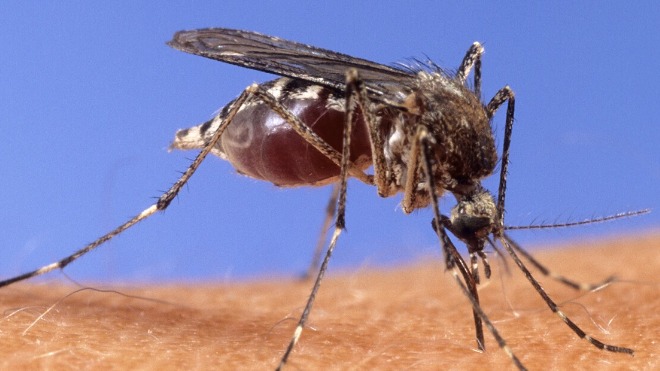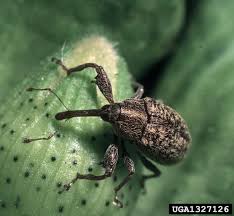Although the dry weather has delayed the worst of mosquito-breeding season, state officials are urging horse owners to vaccinate equines against mosquito borne disease as well as rabies.
Agriculture Commissioner Steve Troxler said this week that equine owners should have their animals vaccinated against Eastern Equine Encephalomyelitis and West Nile Virus, as well as rabies.
“Mosquito-breeding season in North Carolina lasts from spring until the first frost and horses are at risk if not properly vaccinated,” Troxler said. “EEE is fatal 90 percent of the time in horses and WNV has a fatality rate of 30 percent. However, both diseases are preventable by vaccination.”
So far this year the state has had no cases of EEE or WNV, but last year there were five cases of EEE and two cases of West Nile Virus, Troxler added.
State Veterinarian Dr. Mike Martin recommends that equine owners talk to their veterinarians about an effective vaccination protocol to protect horses from mosquito-borne diseases. The combination vaccination initially requires multiple injections for horses, mules and donkeys that have no prior vaccination history.
Mosquitoes can breed in any puddle that lasts for more than four days, so removing any source of standing water can reduce the chance of exposing animals to WNV or EEE. Keeping horses in stalls at night, using insect screens and fans, and turning off lights after dusk can also help reduce exposure to mosquitoes. Insect repellants can be effective if used according to the manufacturer’s instructions.
Symptoms of EEE include impaired vision, aimless wandering, head pressing, circling, inability to swallow, irregular staggering gait, paralysis, convulsions and death. Once a horse has been bitten by an infected mosquito, it may take three to 10 days for symptoms to appear.
Symptoms of WNV include fever, weakness or paralysis of hind limbs, impaired vision, head pressing, seizures and aimless wandering.
People, horses and birds can become infected from a bite by a mosquito carrying these diseases, but there is no evidence that horses can transmit these viruses to other horses, birds or people through direct contact.
Equine care also includes keeping up to date on equine infectious anemia (EIA) testing, commonly referred to as the Coggins test.
The same dry weather that has deterred mosquito hatching has led to an increase in rabies cases across the state.
Rabies is only transmitted between mammals, through bites, scratches and contact with parts of the nervous system such as the spinal cord and brain. Rabies is highly contagious, and is always fatal. State law requires dogs, cats and ferrets start being vaccinated at the age of three months. The illness causes disorientation, aggression, confusion, blindness and loss of balance.
While no rabies cases have been reported in Columbus County, rabid wildlife has been reported in Bladen and Brunswick counties. Bats, raccoons and foxes are the most common vectors for the disease, but any mammal can carry and transmit the virus.
Since horses, donkeys and ponies tend to smell animals they encounter, most rabies cases involving equines involve attacks to the face and nose.
“We have had a positive case of rabies in livestock already this year,” Troxler said. All livestock are naturally curious animals, which puts them at risk for a bite if a rabid animal gets through their fence line. This is also a great time to make sure your animal is current on its rabies vaccination.”







